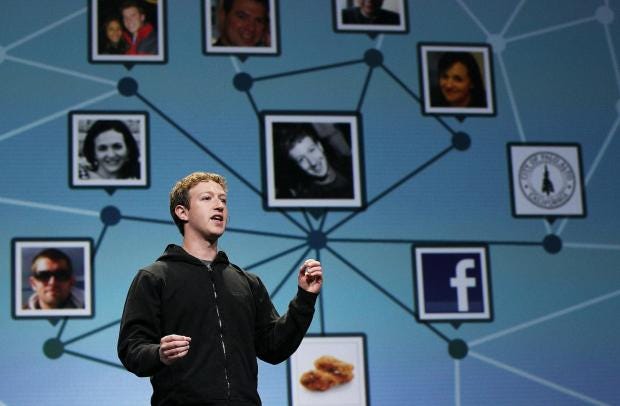
Technology companies’ vociferous support for the children of undocumented immigrants could set the industry up for its biggest showdown yet with President Donald Trump and Republicans in Congress.
Executives from Microsoft, Facebook and Alphabet were among the strongest in condemning Trump’s decision on Tuesday to end the Deferred Action for Childhood Arrivals program. Known as DACA, it lets children brought to the US as undocumented immigrants work, drive and enrol in college.
The president gave Congress six months to pass laws to replace the programme. If that doesn’t happen, it could open a new front in the intermittent flame war between the world’s most powerful tech companies and the US government.
“We’re going to fight alongside you to help this get resolved. Not just for the folks that are on DACA but for all dreamers and undocumented folks,”
Facebook chief executive Mark Zuckerberg said in a live-streamed conversation with three DACA grantees, known as dreamers.
Microsoft Chief legal officer Brad Smith urged Congress to prioritise finding a replacement for DACA and later told NPR that the government would have to “go through us” if it tried to deport dreamers employed by the company.
“To know directly from the CEOs that they’re the ones saying they support it and why they feel it’s important, that’s never happened before -- not to the extent that it’s happening now,” said Elizabeth Vilchis, a dreamer who works at Samsung’s NEXT startup investment unit. Samsung declined to comment.
Ms Vilchis said she and other dreamers expect the most-powerful tech companies to follow their words with actions, such as suing the government or giving affected employees the option to keep their jobs but transfer to other countries. She’s doubtful six months is enough time for a meaningful replacement to be enacted by Congress and is preparing for the worst.
Ava Benach, an immigration lawyer based in Washington, said tech has been the most vocal critic of Trump’s move to come from the broader business world. She attributes Silicon Valley’s aggressiveness to a desire to stay in line with customers, a contrast to other immigration priorities, like the H-1B visa program, that impact large proportions of their workforce.
Microsoft applies for thousands of H-1B visas each year, for instance, but says it has 39 employees whose immigration status relies on DACA.
"For the 39 Microsoft employees, there are 800,000-plus DACA holders that use Microsoft products and want to feel good about that," Ms Benach said.
The tech sector, which employs many foreign-born workers and their children, has been more vocal than other industries on immigration issues, leading to lawsuits against Trump’s order to ban immigration from some majority-Muslim nations earlier this year.
Amazon and Microsoft have already joined a lawsuit led by a coalition of state governments in support of DACA.
There’s also the fact that California, home to Silicon Valley, stands to lose the most from the demise of DACA.
The state has around 200,000 employed dreamers, double the next-biggest concentration in Texas, according to the liberal think tank Centre for American Progress. Those workers contribute an estimated $11.6bn to California’s economy each year, the think tank estimates.
There’s no guarantee that Congress will act though. The legislature has a busy fall calendar and some conservatives also oppose giving any ground on immigration.
If the program isn’t replaced, workers will eventually lose their right to work, putting them and their employers in legal limbo. Some fear that authorities could use the personal information applicants provided for work permits to find and deport them.
Though Trump said that isn’t his intention, Ms Vilchis, who came to the US from Mexico as a seven-year-old, isn’t so sure.
“This administration isn’t going to go anywhere for the next couple years,” she said. “I can either go to a country that is supportive where they’ll help me grow my skills, help me advance my career, or I can sit here and be filled with worry and anxiety that my information is going to be used and I’m going to be targeted.”
Bloomberg







